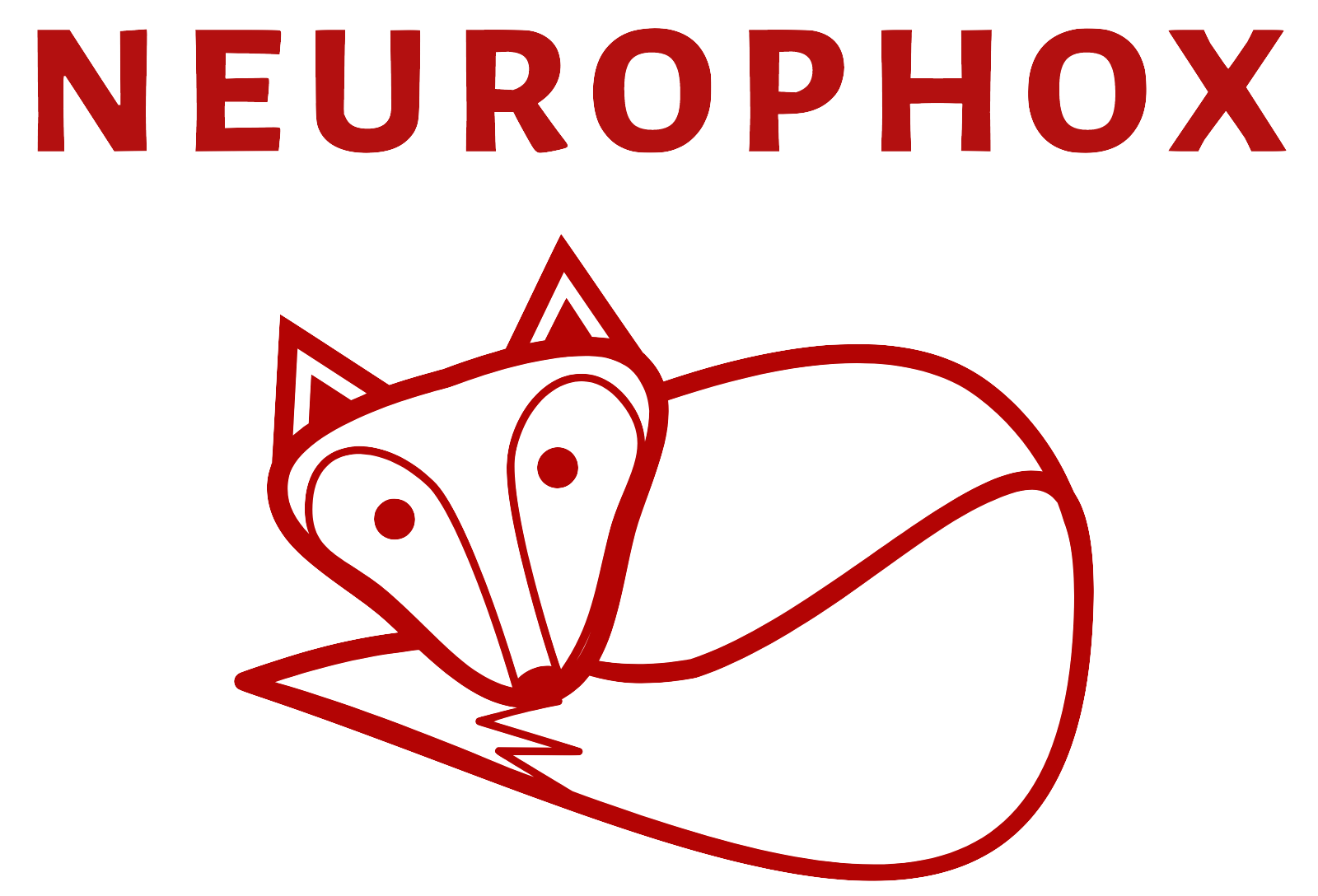Parallel fault-tolerant programming of an arbitrary feedforward photonic network
Reconfigurable photonic mesh networks of tunable beamsplitter nodes can linearly transform $N$-dimensional vectors representing input modal amplitudes of light for applications such as energy-efficient machine learning hardware, quantum information processing, and mode demultiplexing. Such photonic meshes are typically programmed and/or calibrated by tuning or characterizing each beam splitter one-by-one, which can be time-consuming and can limit scaling to larger meshes. Here we introduce a graph-topological approach that defines the general class of feedforward networks commonly used in such applications and identifies columns of non-interacting nodes that can be adjusted simultaneously. By virtue of this approach, we can calculate the necessary input vectors to program entire columns of nodes in parallel by simultaneously nullifying the power in one output of each node via optoelectronic feedback onto adjustable phase shifters or couplers. This parallel nullification approach is fault-tolerant to fabrication errors, requiring no prior knowledge or calibration of the node parameters, and can reduce the programming time by a factor of order $N$ to being proportional to the optical depth (or number of node columns in the device). As a demonstration, we simulate our programming protocol on a feedforward optical neural network model trained to classify handwritten digit images from the MNIST dataset with up to 98% validation accuracy.
PDF Abstract